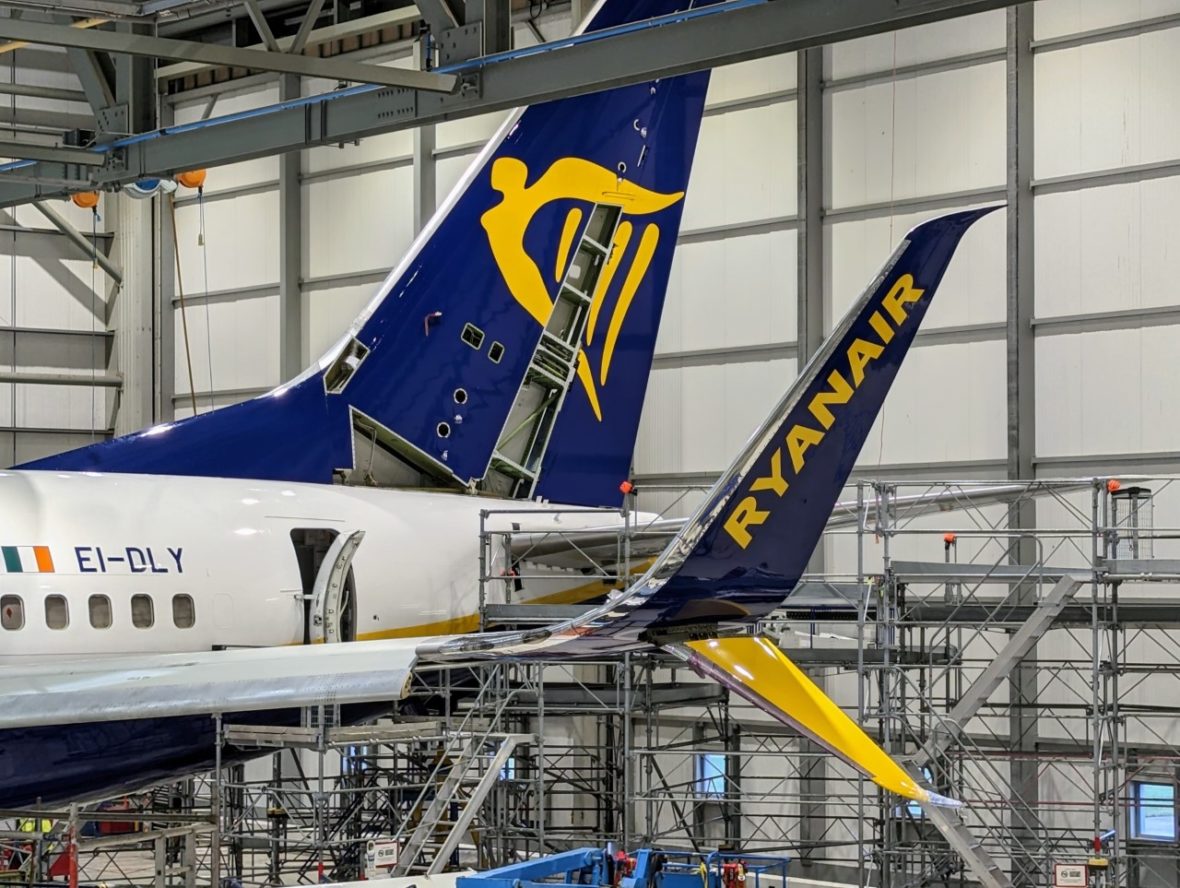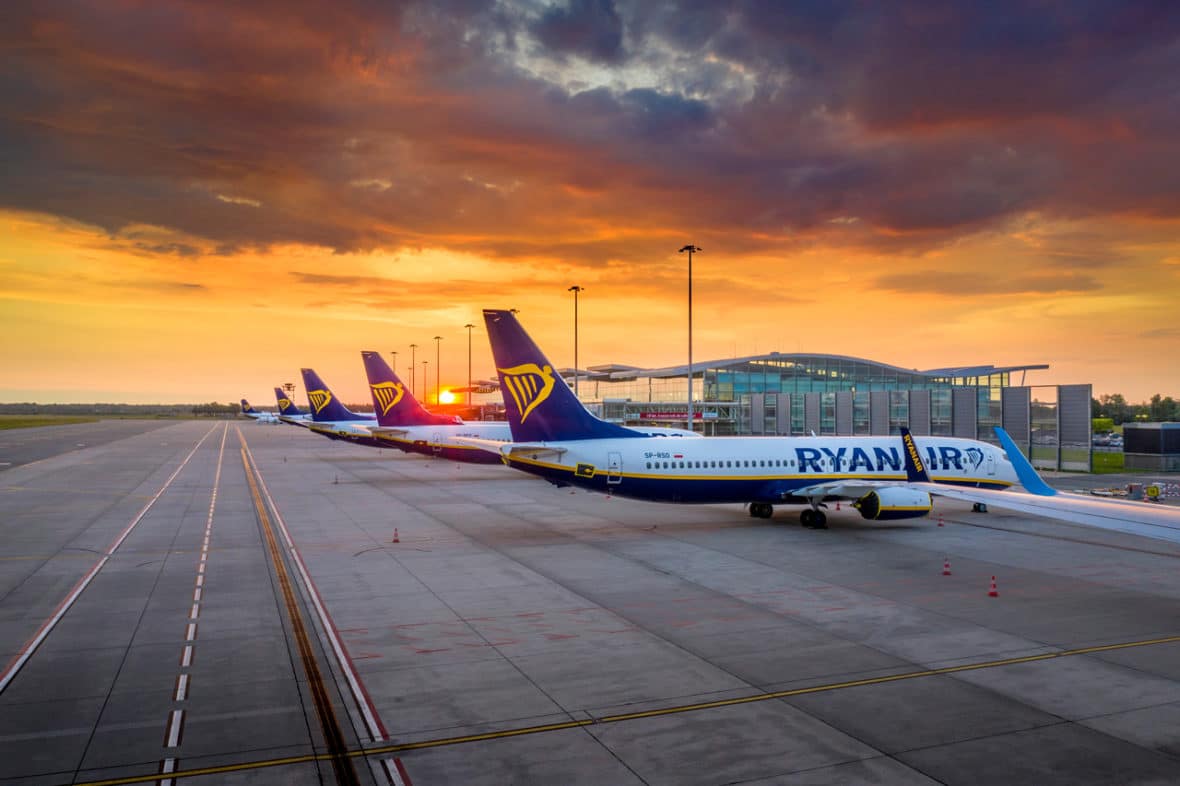
Ryanair is making cuts to its Autumn/Winter schedule out of Dublin and other European cities because of a delay in the delivery of a new plane order from Boeing.
Ryanair had expected to receive 27 new planes between September and December. However, production delays at Boeing’s Spirit Fuselage facility in Wichita, combined with the planemaker’s repair and delivery delays in Seattle, have significantly affected the timing of the order’s arrival.

Ryanair now expects to receive only 14 new planes between October and December; although the airline said it is working with Boeing to try to accelerate deliveries in the January to May, 2024 period – which would allow it to enter the Summer 2024 peak travel season with all 57 due new Boeing deliveries as expected.

As part of the cuts, Ryanair will reduce the number of planes it has in Dublin by 2, lower the number of Charleroi planes by 3, reduce 5 aircraft across 4 Italian bases – including Bergamo, Naples and Pisa – and make aircraft reductions in Porto, Cologne and East Midlands in the UK.
Ryanair’s Michael O’Leary said:
“We are working closely with Boeing and their supplier, Spirit, to minimise these delivery delays. It is deeply regrettable that production problems in Wichita, and in Seattle, have yet again delayed Boeing’s contracted deliveries to Ryanair this winter. We are in regular dialogue with Boeing, and our primary objective is to ensure we get delivery of all 57 contracted B737 aircraft before the end of May 2024, so that Ryanair’s fleet can grow to over 600 aircraft for what will be our largest ever summer flight programme. These flight cancellations will take effect from the end of October, and will be communicated to all affected passengers by email over the coming days. Passengers will be offered reaccommodation on alternative flights or full refunds as they so wish. We apologise sincerely to passengers for any inconvenience caused by these delivery delays this winter.
“At this early date, we do not expect these delivery delays will materially affect our full year traffic target of 183.5 million, but if the delays worsen or extend further into the January to March 2024 period, we may have to revisit this figure and possibly adjust it slightly downward.”




